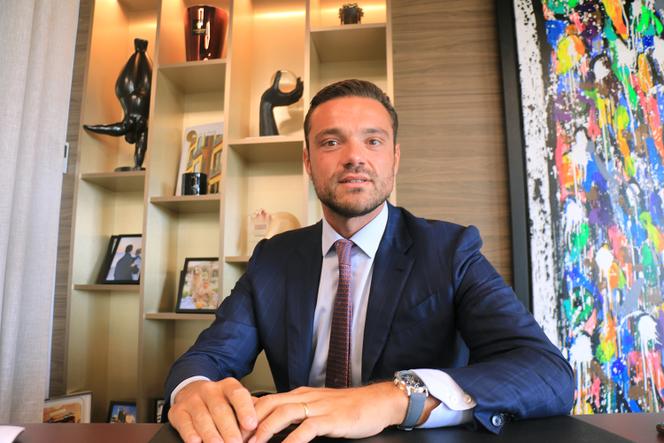


Thanks to the efforts of 34-year-old businessman Frédéric Merlin, the Chinese ultra-fast fashion giant Shein is set to open its first physical boutiques in France. On Wednesday, October 1, Merlin announced that six sales areas dedicated to the Chinese brand would be opened, in a lengthy letter addressed to the employees of his Société des Grands Magasins (SGM), a department store company that owns Paris's BHV and seven Galeries Lafayette stores across France. "It's revolutionary," Merlin said repeatedly, more than 10 times, while speaking on the set of the news channel BFM-TV that day. Just days earlier, on September 29, a body within the Organization for Economic Cooperation and Development (OECD) accused Shein of having violated labor laws, environmental standards and even human rights.
Following the announcement, Galeries Lafayette's parent company, which owns 13 stores, including those in Paris, issued a press release stating that it intends to "reject" the decision, with which the chain expressed its "profound disagreement." Meanwhile, the Caisse des Dépôts, a public investment institution, said that it "does not endorse" the partnership. The public financial institution is currently in negotiations with SGM over funding for Merlin's company to purchase the building that houses the BHV department store in central Paris, in addition to the Paris BHV's business assets, which SGM has already acquired. Merlin, speaking in an October 2 interview on the news show C à vous on the France 5 channel, defended his plan to open Shein stores in a debate with Green party leader Marine Tondelier. Tondelier, meanwhile, said that hundreds of thousands of jobs in the French textile industry had been lost since the 1990s due to competition from ultra-low-cost brands.
You have 50.4% of this article left to read. The rest is for subscribers only.
